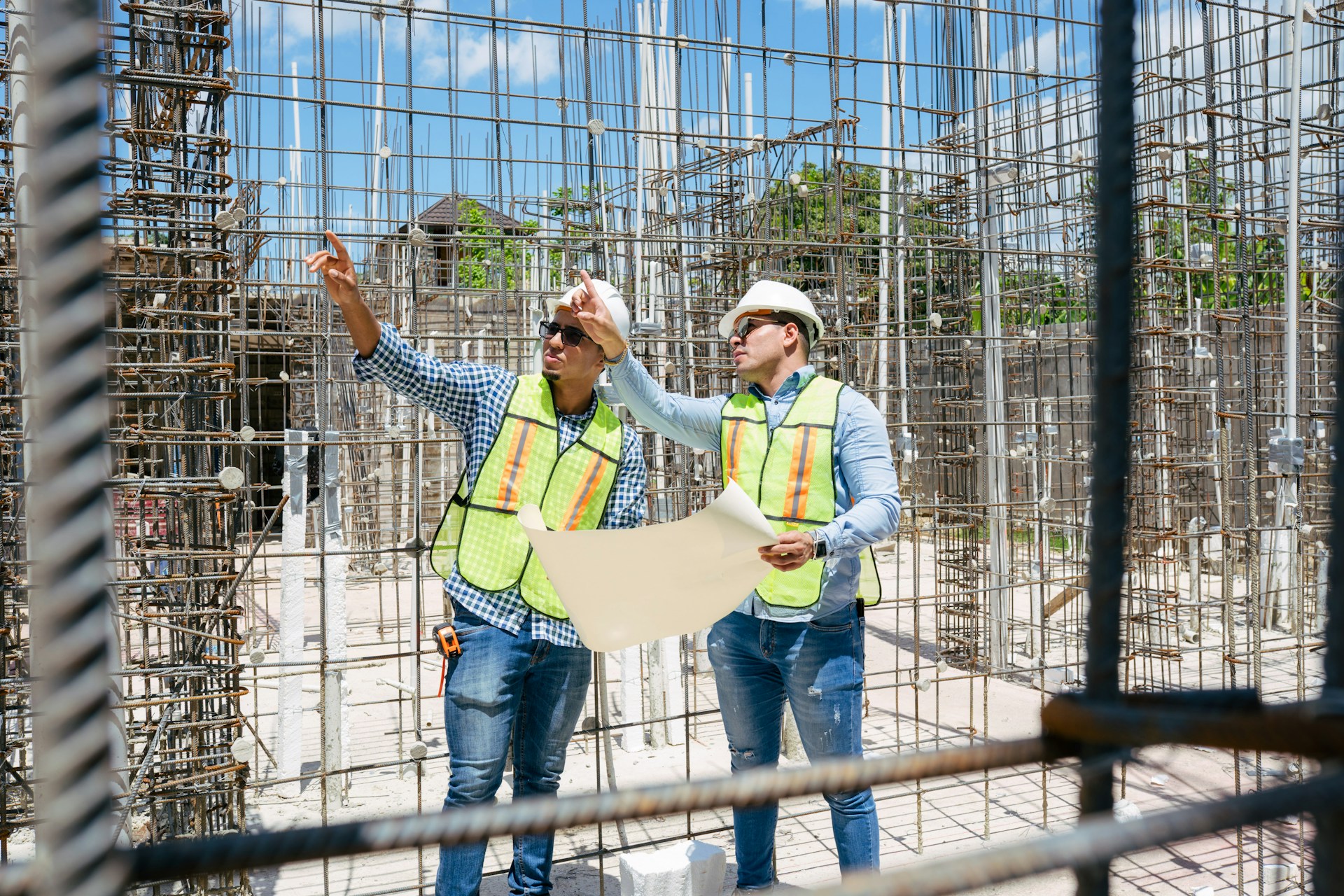Developing large-scale industrial sites involves a myriad of complexities and challenges. Effective civil construction is crucial for the successful completion of these projects. From thorough site assessment to efficient resource management, each aspect plays a vital role in ensuring smooth and timely execution. The integration of advanced construction techniques and stringent adherence to safety regulations further ensures that these projects meet the required standards and stay on track.
One of the first steps in any large-scale industrial construction project is a comprehensive site assessment and detailed planning. This critical phase establishes the foundation for all subsequent activities. Proper site evaluation helps identify potential issues early, allowing for more effective problem-solving and resource allocation. Planning also involves setting realistic timelines and budgets, which are crucial for staying on track and avoiding unnecessary delays.
The complexity doesn’t end at planning and resource management. Large-scale industrial projects also demand the implementation of advanced construction techniques and technologies. Utilizing innovative methods can significantly boost efficiency and quality. Additionally, ensuring regulatory compliance and maintaining rigorous safety measures are paramount to protecting workers and the environment. By focusing on these critical areas, we can navigate the challenges of civil construction and drive successful industrial developments.
Comprehensive Site Assessment and Planning
Conducting a comprehensive site assessment is the first step towards successful civil construction for large-scale industrial sites. This involves thoroughly evaluating the site’s existing conditions, including topography, soil composition, and any environmental constraints. By understanding the physical characteristics of the site, we can identify potential challenges that could impact construction activities. This proactive approach allows us to devise strategies to mitigate risks and avoid costly surprises as the project progresses.
Detailed planning follows a thorough site assessment. This stage involves creating a roadmap for the entire construction process, from initial groundwork to final completion. Effective planning sets clear timelines, assigns responsibilities, and allocates resources efficiently. It also includes contingency plans for unexpected events, ensuring that the project can adapt to changing circumstances without significant delays. Through meticulous planning, we establish a solid foundation for the execution phase, paving the way for a smooth and efficient construction process.
Effective Resource Management
Efficient resource management is crucial for the success of any large-scale industrial construction project. This involves careful planning and allocation of materials, labour, and equipment to ensure that resources are utilized optimally. One effective strategy is to maintain a detailed inventory of all materials and track their usage throughout the project. This prevents shortages and overstocking, which can lead to wasted resources and increased costs. Additionally, scheduling labour efficiently ensures that all tasks are completed on time and within budget.
Technology plays a significant role in modern resource management. Utilizing project management software helps in tracking progress, coordinating tasks, and managing budgets. These tools provide real-time updates, enabling us to make informed decisions quickly. By adopting such technological solutions, resource management becomes more streamlined, reducing the likelihood of bottlenecks and improving overall project efficiency. Effective resource management not only enhances productivity but also contributes to cost savings and timely project completion.
Implementing Advanced Construction Techniques
Implementing advanced construction techniques can greatly enhance the efficiency and quality of large-scale industrial projects. For example, using prefabrication methods allows us to construct components off-site in a controlled environment, reducing on-site labour requirements and minimizing waste. This approach not only accelerates the construction timeline but also improves the overall consistency and quality of the final product.
Modern technologies such as Building Information Modelling (BIM) and drone surveys also contribute significantly to the construction process. BIM enables precise planning and facilitates collaboration among various teams by providing a shared digital representation of the project. Drone surveys offer real-time aerial views of the site, aiding in monitoring progress and identifying potential issues quickly. By adopting these advanced techniques, we streamline construction activities, reduce errors, and enhance efficiency, ensuring the project stays on track.
Ensuring Regulatory Compliance and Safety
Ensuring regulatory compliance and maintaining safety standards are paramount in large-scale industrial construction. Compliance with local, provincial, and federal regulations ensures that the project adheres to legal requirements, avoiding potential fines and project delays. This includes obtaining necessary permits, following environmental guidelines, and meeting industry-specific standards. Staying up to date with regulatory changes is essential to ensure ongoing compliance throughout the project’s lifecycle.
Safety is equally critical to protecting workers and maintaining a smooth project flow. Implementing a comprehensive safety plan involves regular training sessions, safety audits, and adherence to best practices. Personal protective equipment (PPE) must be provided and enforced for all on-site personnel. Additionally, clear communication channels should be established to report and address safety concerns promptly. By prioritizing regulatory compliance and safety, we create a secure work environment that minimizes risks and enhances productivity.
Conclusion
Large-scale industrial construction projects are complex and multifaceted, requiring meticulous planning and execution. From comprehensive site assessment and effective resource management to implementing advanced construction techniques and ensuring regulatory compliance, each aspect is crucial for the project’s success. These strategies not only streamline operations but also enhance overall efficiency and safety.
At Industra Construction Corp., we understand the unique challenges that come with large-scale industrial construction. As a leading general contractor in Surrey, BC, our expertise in EPC design-build, civil construction, and other related services ensures that your industrial project is handled with the utmost professionalism and precision. Contact us today to learn how we can help you navigate the complexities of your next industrial construction project successfully.

















